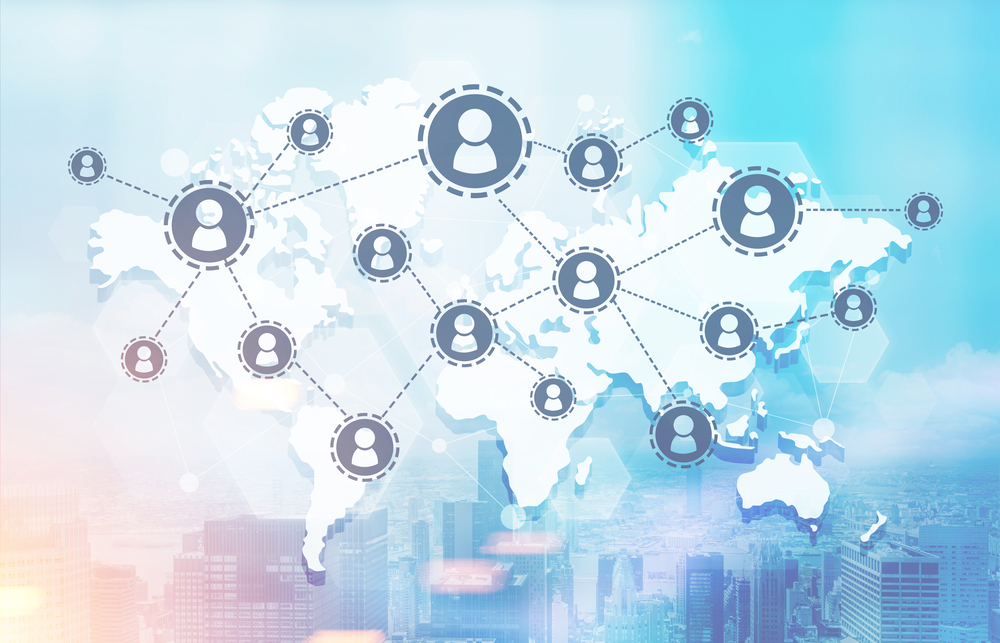How to Build and Maintain a Network of ‘Masked Advocates’

In my previous column, I shared how sometimes our advocates come from the unlikeliest of places. Yes, even politicians, who some believe are the embodiment of greed and corruption, can make an enormous difference in our lives. The mystery senator I spoke of last time, who has often ridden to my rescue, is proof of that.
Before I unmask this person and reveal his identity in a future column, I want to show how many other advocates in this world wear masks. People we’ve never met, or haven’t seen in years, can help us survive and thrive.
How can they help? Let’s first talk about a situation that can bog some people down.
Living with a rare disease means that we often have unusual problems most people don’t know about. For many, losing power during a storm is an inconvenience. Rarely do they catch a glimpse of what it’s like for someone with a chronic illness to lose electricity.
To use a pun to describe my own experience, losing power in the middle of the night is … “a real letdown.”
I sleep on a hospital bed with a powered inflatable mattress. On the upside, having this helps to prevent bed sores. On the downside, if the bed loses electricity, the mattress deflates all the way down to its hard metal framing.
So, how often do I lose power at my house? We get a ton of thunderstorms in my area during the spring and summer. I would say that for every storm we experience, there is at least an 85% chance that my lights will go out for hours.
If thunder woke me up in the middle of the night, it really was a waking nightmare. It didn’t matter if it was 2 or 3 a.m. If there was a storm, chances were my nurses would quickly have to get me dressed and out of bed before I lost support from my mattress. Trying to sleep on metal wasn’t an option, as it would cause sores on my body for sure.
Notice that I have delightfully started to speak of this problem in past tense. How did we find a solution? In 2017, we did a fundraiser for a hospital generator. Our friends and family literally brought light into my world by raising the full $8,000 in two weeks.
Now when I hear those loud thunder claps in the middle of the night, I think, “Go boom all you want!” Then I head right back into my slumber. Having the confidence that my hospital generator will kick on 30 seconds after I lose power releases a major stressor that I used to carry on my back.
I could tell you so many stories about huge stressors being lifted from my back because enough money was raised for necessary equipment. A lot of this money has come from people I’ve never met in person, or haven’t seen since I was a baby.
How can you do the same? There are many ways, but my advice is to do everything you can to build up a network of support and then maintain it. Reach out to people that you might not know, but your parents or grandparents do. There are people from my grandparents’ church from 50 years ago that still donate to me at least annually. The money is saved in an independent foundation.
If you or your loved one have a chronic illness, you are in a unique position. You’re going to need help from a lot of medical and nonmedical professionals. A lot of them will come and go, but try to keep in touch with as many as you can.
Most importantly, one of the most critical lessons that my mom has taught me is, “Never burn your bridges.” Judge people’s actions wisely and fairly. You never know when that person you had a falling out with 20 years ago can donate toward something like a handicapped-accessible van.
To keep in contact with “masked advocates” whose faces I have trouble remembering, I write a letter that goes out to everybody at the end of each year. In my annual letter, I talk about the blessings and failures of the previous year, as well as what I really need in the coming year, not what I want. When a goal has been met for a specific fundraiser, I quickly send a letter of profound thanks.
I’ve learned that by keeping those connections from long ago, “masked advocates” can help you prepare for future unknown crises, or “masked dangers.” It also gives you the reassuring feeling that whatever you are going through, you are not alone. Having this feeling is my hope for you.
***
Note: SMA News Today is strictly a news and information website about the disease. It does not provide medical advice, diagnosis, or treatment. This content is not intended to be a substitute for professional medical advice, diagnosis, or treatment. Always seek the advice of your physician or other qualified health provider with any questions you may have regarding a medical condition. Never disregard professional medical advice or delay in seeking it because of something you have read on this website. The opinions expressed in this column are not those of SMA News Today, or its parent company, Bionews, and are intended to spark discussion about issues pertaining to spinal muscular atrophy.








Gina
It is really amazing how you have created a vast network spanning over 80 years. Between the contacts you have personally made, and those that have been made and encouraged by your family members. It truly is a remarkable (and encouraging) feat to have touched so many hearts near and far!